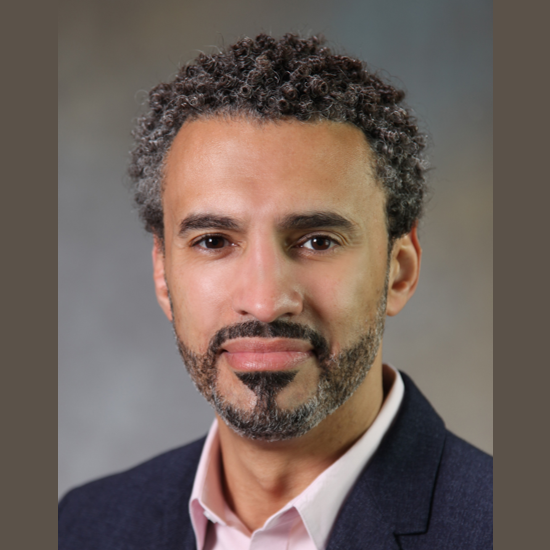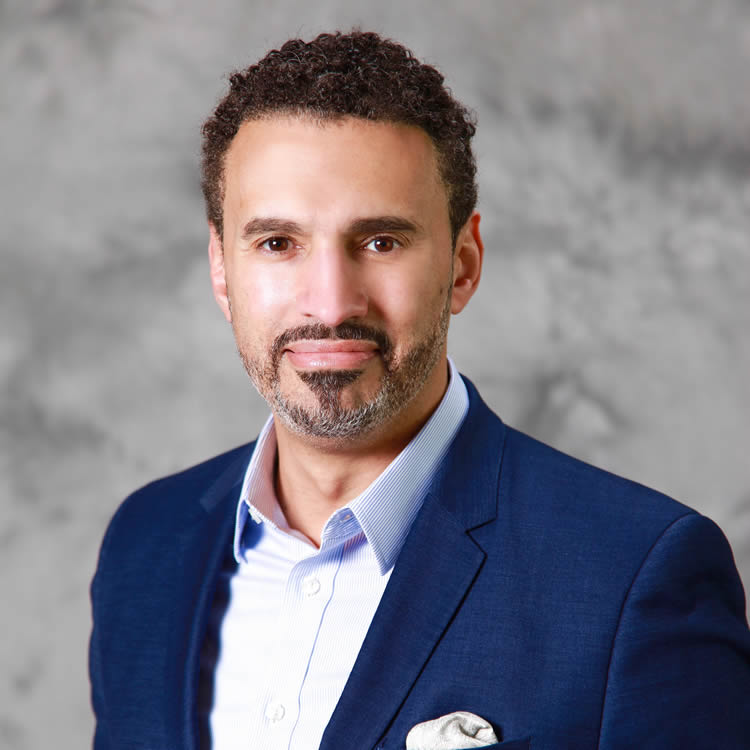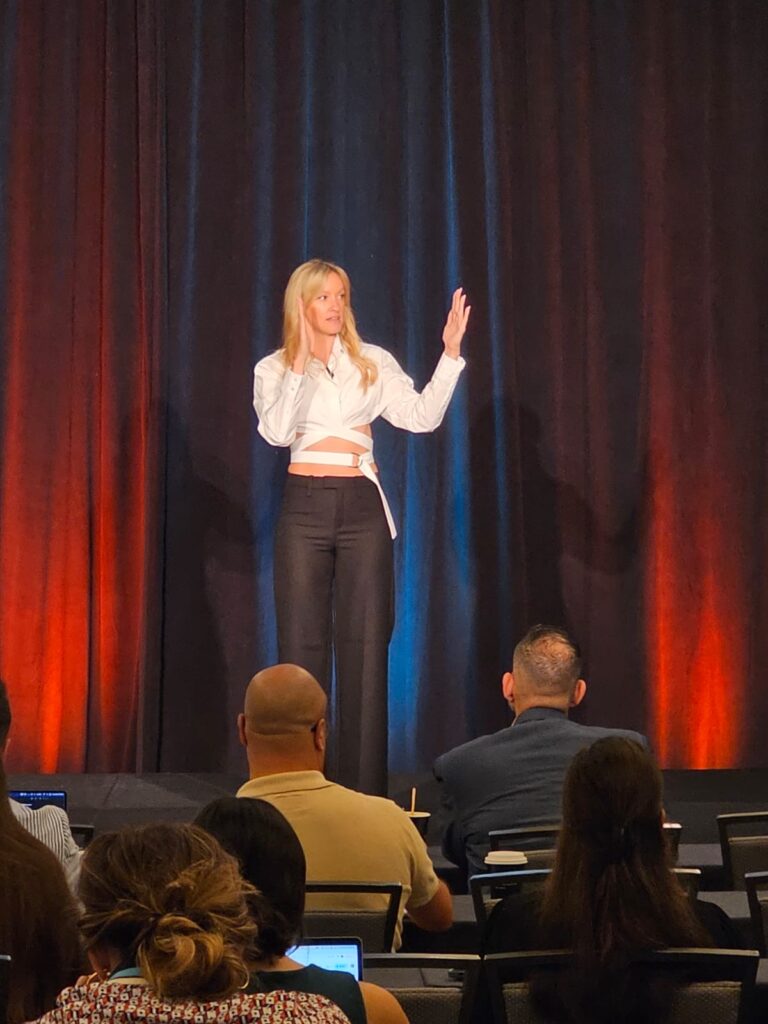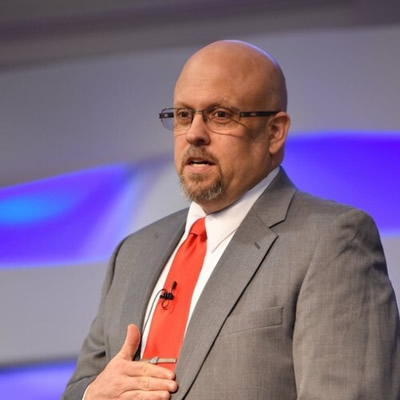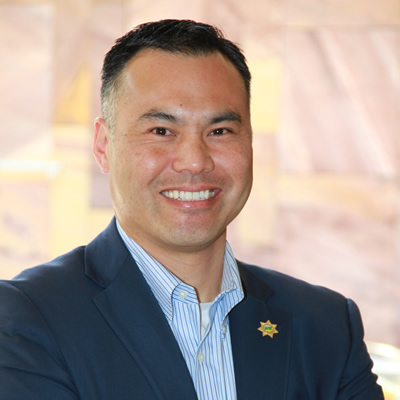Diversity, Equity and Inclusion (DEI) are—and declaratively need to be—more than just words or a PR campaign. They are an integral part of a resilient, inclusive Crisis Ready® Culture. When done purposefully, a culture built on DEI provides us with a framework for building more resilient, inclusive teams, leaders and organizations that encourage employees to be authentically themselves while supporting the communities they represent and serve. At the Crisis Ready® Institute, we champion the integration of DEI in every aspect of our programs because DEI is fundamental to being Crisis Ready®.
As we today honor the legacy of the Reverend Dr. Martin Luther King Jr., who dedicated his life to the struggle for racial equality, we pause to reflect on the importance of embracing diversity, equity and inclusion in times of crisis. Faced with enormous challenge, “I soon realized that there were two ways in which I could respond to my situation — either to react with bitterness or seek to transform the suffering into a creative force. I decided to follow the latter course,” wrote the civil rights leader in April 1960.
In her book Crisis Ready: Building an Invincible Brand in an Uncertain World, our founder and CEO, Melissa Agnes, reflecting the inspiration of Dr. King’s transformative mindset, writes that “the way you look at the world is your choice; the way you react to circumstance is your choice; and the culture you embed within your organization is your choice. This is a very powerful choice indeed. It can enable you to embrace today’s new realities, by choosing to see the opportunities amidst the chaos.”
Against the backdrop of the COVID pandemic, systematic racism and racial inequality, I wrote a piece last year explaining why I believe that embracing diversity and inclusion will lift us out of today’s crises faster. I’ve seen first-hand the impacts of diversity and inclusion (both its integral inclusion and its non-existence) on organizational performance and success.
Today, I’m honored to republish my May 2020 article on the Crisis Ready® website as we, the Crisis Ready Institute family, fundamentally embrace and support the sentiments and wisdom expressed within it. I hope that, as you read, you will be empowered to embrace a transformative mindset when advancing diversity, equity and inclusion in times of crisis and be inspired in the spirit of Dr. King to transform challenge and difficulty into a creative force for good.
Repost: Why Embracing Diversity Will Lift Us Out of This Crisis Faster by Licy Do Canto
As an African-American public affairs, lobbyist and communications strategist, I have seen firsthand the impact of diversity and inclusion on organizational performance and success. But in my current role as Executive Vice President and Managing Director of one of the world’s largest communications firms, working with Fortune 500 companies, start-ups and everyone in between, I have never been more convinced that diversity and inclusion are critical for successful leadership and communications, especially in these extraordinary times of unprecedented crisis and uncertainty.
COVID-19 is the most serious health crisis the world has experienced in more than a century. As the multidimensional impact of this crisis mounts, leaders in the public and private sectors are taking urgent steps to manage the growing human toll and socio-economic fallout. Immediate action is critical, but easily lost amid the chaos is the opportunity for leaders to embrace a new agenda — one that is not temporary but permanent — aimed squarely at diversity and inclusion and what comes next.
The global pandemic has brought to the forefront in brutal fashion the structural inequalities that have long existed in our educational systems, in healthcare and in so many other facets of our lives and areas throughout our country. As Torsten Bell of the Resolution Foundation describes it, “The virus doesn’t discriminate between people, but the accompanying economic shock certainly does.” Despite large stimulus dollars from Congress, it is the least advantaged — communities of color and vulnerable communities — who are suffering the most.
The presence of diversity and the practice of inclusion is critical to challenge us to view problems differently and consider a wider range of issues and impacts that we might not otherwise.
Inequality is not just about individuals, it is about companies, too. And now is the time for business leaders to think about what kind of company they want their organizations to be, to examine not only how they could be more diverse and inclusive to employees but how they could be a better, more inclusive and engaged business for the diversity within their communities, customers and audiences who may be disproportionately impacted by this crisis.
As the winds of recovery begin to accelerate, organizations need to think about the new business climate they will face, the new psychology that will drive new priorities for both communities and business, and how they want to prepare and position themselves to lead and engage in it.
The COVID-19 crisis is forcing companies to rethink, rewrite and rebalance their social contract with employees, the communities they serve and shareholders. One key focus of this rebalancing must be to help companies accept the responsibility and embrace the opportunity the current moment provides to unlearn stale patterns, confront limited narratives and champion the “we” agenda that is the foundation of diversity and inclusion and is the necessary part of every company’s innovation and relevance.
“The virus doesn’t discriminate between people, but the accompanying economic shock certainly does.”
Now more than ever, the presence of diversity and the practice of inclusion is critical to challenge us to view problems differently and consider a wider range of issues and impacts that we might not otherwise. Diversity within communications and public relations is particularly important for companies as we oversee some or all of the strategic thinking and reputational risk management for many companies, and often serve as an essential voice in guiding the strategic communications direction of a company, especially during crisis. Ours is a critical seat at the table right now.
The positive impact of diversity and inclusion in all its manifestations is particularly powerful as businesses and communities come together to consider the myriad profound challenges directly affecting us all, especially the most vulnerable, and the smart solutions needed to help us adjust with urgency to the new realities of the world.
The crisis gives companies the opportunity to reevaluate the structure of work and support lasting changes to improve conditions for everyone. By extension, it also gives companies the opportunity to ask themselves who they help, what problems they solve and how they communicate their value. As Fiona Daniel, CEO and Founder of FD2I, a diversity and inclusion consultancy, puts it, “How leaders act today will have a profound impact on how they are seen and judged post the crisis.”
The COVID-19 crisis is forcing companies to rethink, rewrite and rebalance their social contract with employees, the communities they serve and shareholders.
In the aftermath of Hurricane Andrew in 1993, Warren Buffett highlighted the business failures exposed by the storm’s impact, famously saying, “It’s only when the tide goes out that you learn who’s been swimming naked.” The fallout from COVID-19 exposes—and threatens to widen even further—longstanding inequality in America and raises questions and places a spotlight on the behavior of companies and what role they desire to play during and in a post-COVID world.
Getting the right answers will require leaders to embrace a new and resilient diversity and inclusion agenda—one that is rooted in diverse professional expertise, diverse personal and life experience, and a willingness and commitment to be inclusive of other ideas. In times of crisis, business can knit the economy together, but it also can, and has a responsibility to, knit communities and people together, too.
As Executive Vice President and Managing Director in the BCW Public Affairs and Crisis practice, Licy drives healthcare and social impact policy and strategy, and helps shape strategic direction on diversity, inclusion and belonging for the firm and its clients across North America, in public and corporate affairs, government relations, communications, crisis and reputation management. Licy also leads the BCW Healthcare Team in Washington, D.C.
An expert in public affairs, policy and diversity and inclusion, with over twenty five years of experience at the international, national, state and local levels across the nonprofit, philanthropic, corporate and government sectors, Licy is an accomplished, values-driven leader with unparalleled experience in developing and leading integrated public affairs campaigns combining strategic communications, public relations, political/legislative initiatives, policy, coalition building, grassroots efforts and advocacy.
Before joining BCW, Licy built and lead a nationally recognized minority owned strategic public affairs and communications firm, served as Health Practice Chair and Principal at The Raben Group, was the Chief Executive Officer of The AIDS Alliance for Children, Youth and Families, and managed and helped set the leadership direction for strategic policy, communications, and advocacy investments in executive and senior government affairs roles for the American Cancer Society and the nation’s Community Health Centers.
Before joining the private sector, Licy was domestic policy advisor to U.S. Congressman Barney Frank and served in several capacities in the Office of Senator Edward M. Kennedy. During his extensive tenure in Washington, D.C., Licy has played a leading role in efforts to draft, shape and enact legislation and policy to improve the public health, health care safety net and the lives, livelihoods and well-being of the nation’s disadvantaged and underserved communities.
Licy also has worked with Moet Hennessey to drive diversity and inclusion on Wall Street and corporate America. He has partnered with Vice President Al Gore, senior government officials, scientists, NGOs and activists, on global climate change impact and sustainability across Africa. And he was appointed by Republican and Democrat governors to oversee the conservation, preservation and management of a prominent U.S. national historic landmark.
Licy is a graduate of Duke University and holds a certificate in public health leadership in epidemic preparedness and management from the University of North Chapel Hill—School of Public Health and Kenan Flagler Business School, and is the recipient of multiple industry awards and citations for his leadership, policy and public affairs acumen, including being named to The Hill Newspaper list of most influential leaders in Washington, D.C. consecutively over the last ten years. As a global citizen, Licy has lived in Turkey and Spain, and is fluent in Spanish and Cape Verdean Portuguese.

